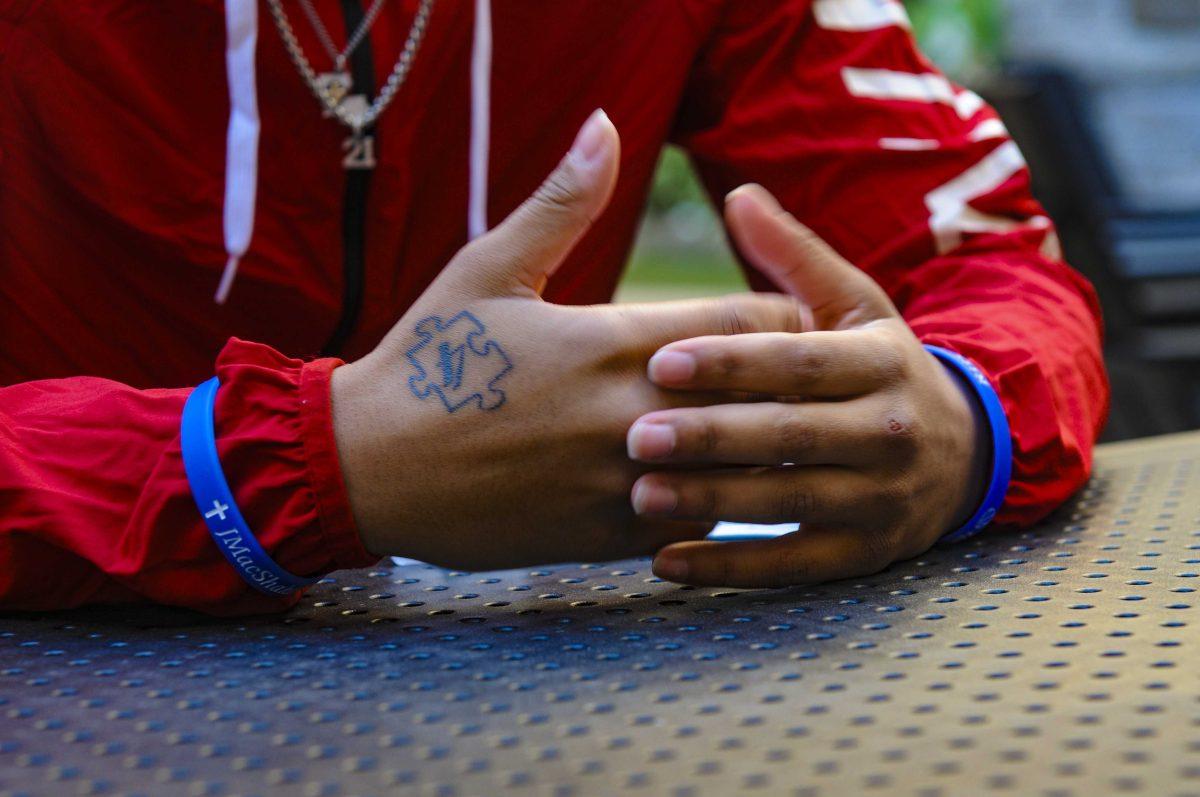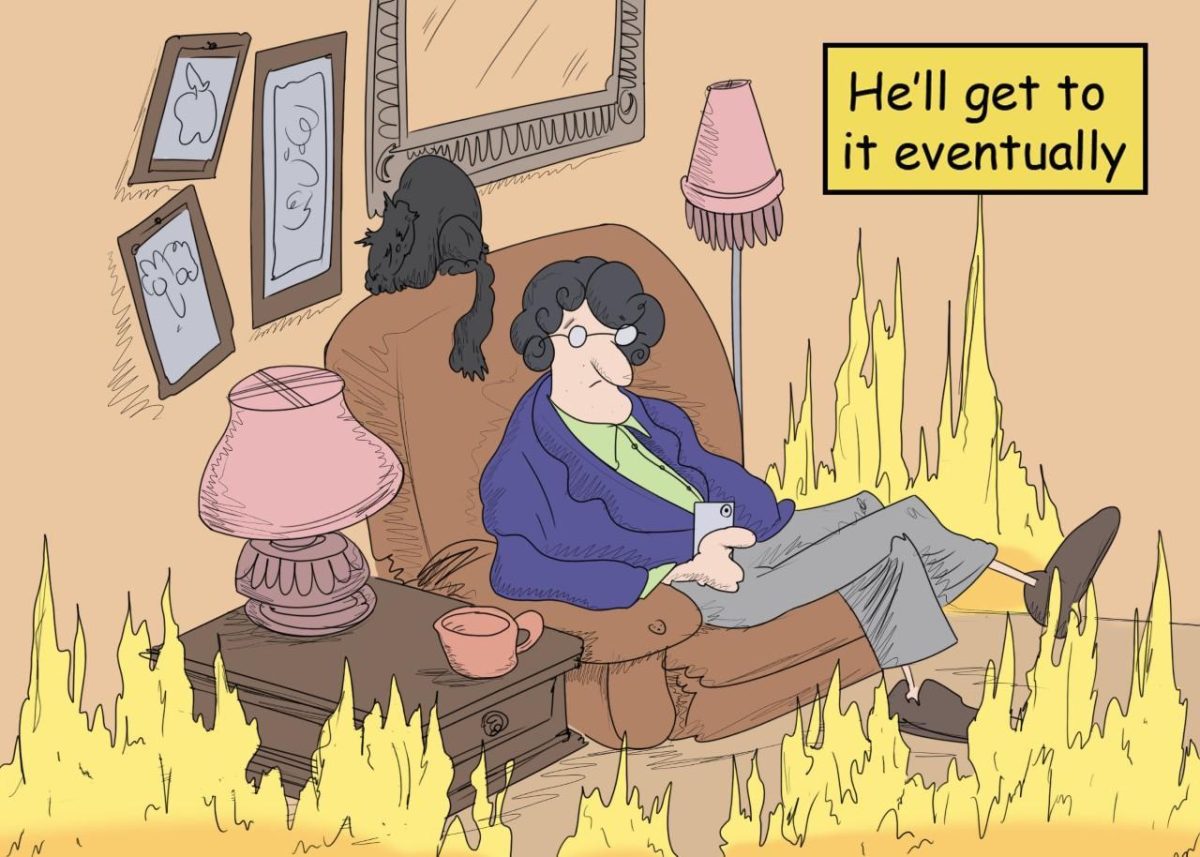In a time filled with racial division and tension, it is good to remind ourselves of the different cultural backgrounds we encounter every day.
Cultural clubs are the most important organizations at the University, as they allow students to embrace and explore their racial and ethnic differences.
There are several cultural clubs on campus, such as the Native American Student Organization, the Black Student Union, the West Indian Student Association and Hispanic Student Cultural Society — and that’s barely scratching the surface. We have clubs for almost every ethnic background to reflect the growing diversity of our student body.
All campus organizations are important, but cultural recognition is a vital component of our University. Other clubs may teach you how to tango or play chess, but none of those will help students feel culturally understood. It is so important for young people to understand themselves in order to navigate through life with more success.
Cultural clubs offer safe spaces for minority students at predominantly white colleges. They help students find their unique identities, especially in predominantly white institutions, or PWIs, like our own.
Students can surround themselves with others who look like they do. They’re able to talk about shared cultural struggles with people who fully understand.
I enjoyed attending these events myself before the pandemic hit. I was able to enjoy and celebrate my own culture one day and then learn about another culture the next day. I wanted to be more connected with my culture after witnessing the countless incidents of police brutality in recent years.
Cultural clubs help everyone on campus by providing information and resources for diversity which aren’t available in the classroom. They make sure the University hears the concerns of the community. In addition, they help promote other campus events related to social justice, like the Black Lives Matter march that took place last semester. These groups are often the ones fighting on the front lines for social change both inside and outside our own campus community.
I hope to interact more with my own club in the future. I’ve attended events in the past but never committed to membership.I’ve been inspired by watching people in my age group fight on the front lines for change. They weren’t just fighting for other Black people; they were protesting all forms of discrimination for everyone, and they were willing to risk their lives in a pandemic to do so.
Cultural groups on campus help our community celebrate diversity, especially since so many minorities weren’t allowed to attend the University until fairly recently. We have to start supporting these clubs and getting involved because they embody the cultural roots of our student body.
Members of cultural clubs persistently influence social change through their contact with University officials, proving that they are essential for every college campus, not just our own.
Tamia Southall is a 20-year-old mass communication junior from New Orleans.
Opinion: Cultural clubs are the most important student organizations on campus
February 9, 2021
Bussiness management sophomore Domonique Davis, founder of the Black Student-Athlete Association, answers interview questions on Monday, Oct. 5, 2020 at the Ion apartments on West Chime Street.







